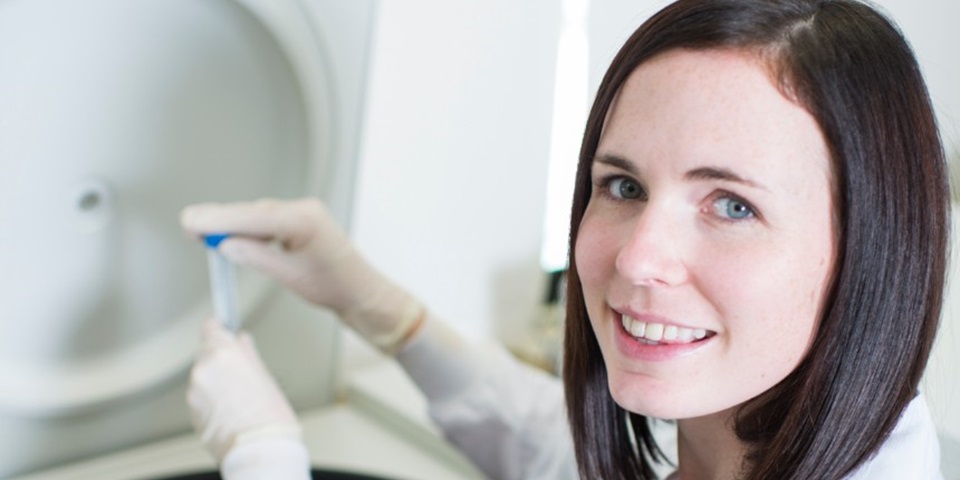News
Accolade for healthy ageing researcher

A researcher nominated for Western Australia’s most prestigious science awards hopes to find a way to boost healthy ageing in our population.
Dr Belinda Brown is a finalist for the Woodside Early Career Scientist of the Year prize in the Premier’s Science Awards for her work on the way exercise affects brain function.
Dr Brown studies the role of lifestyle in maintaining a healthy ageing brain and preventing cognitive decline and dementia.
She has just completed an investigation into the effect of high intensity exercise on brain function, which will be used to develop physical activity recommendations for older Australians.
“Ultimately I’d like my research to improve the quality of life for our ageing population,” Dr Brown said.
“Medical conditions associated with ageing are expected to soar in the coming decades, and so there is much to be done in healthy ageing research.
“Being a finalist for such a prestigious award is great recognition for myself and my research team, and also highlights the significance of research in this field.”
More than research
As well as her research work, Dr Brown is a proud advocate for STEM in Western Australia via roles in political advocacy organisations, and local and rural science engagement.
“Being a scientist isn’t solely about conducting research, we also have a responsibility to keep the community updated about what we are doing and how it might affect them,” she said.
Professor David Morrison congratulated Dr Brown on her achievements.
“Murdoch University is dedicated to making a difference in our world with research that makes a real-life impact,” Professor Morrison said.
“Dr Brown is one of our outstanding researchers who has a bright future at Murdoch University.”
Dr Brown was recently awarded the Early Career Development and Achievement prize in the Vice Chancellor’s Awards for Excellence in Research at Murdoch University.
Winners of the Premier’s Science Awards will be announced on 13 August.